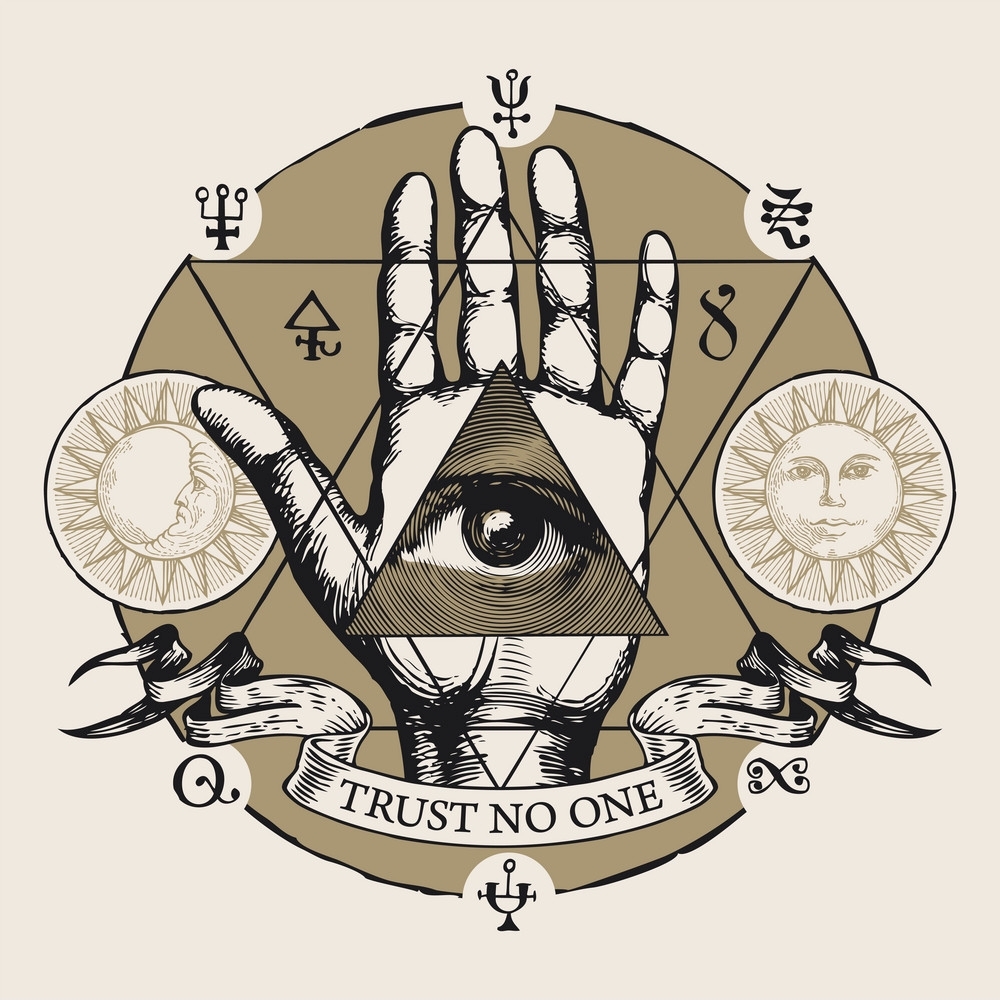Nearly 75 percent of young people age 13 to 25 identify as religious or spiritual. But when it comes to seeking help during moments of uncertainty in their lives, these members of Generation Z turn to trusted relationships with relatives, friends or others—or nobody at all—rather than to religious communities, leaders, practices or beliefs, a new survey has found.
Titled “The State of Religion & Young People 2021: Navigating Uncertainty,” the survey was published in October 2021 by Springtide Research Institute, a Bloomington, Minnesota-based sociological research organization, whose mission is to understand the “distinct ways new generations experience and express community, identity and meaning” amid “shifting, social, cultural and religious landscapes.”
The investigation surveyed more than 10,000 youths, asking them questions about their beliefs, practices, behaviors and relationships—focused on how they navigate uncertainty.
The survey builds on Springtide’s 2020 annual survey—the organization’s first—titled “The State of Religion & Young People 2020: Relational Authority.” Springtide introduced the concept of “relational authority” to refer to a framework for what it calls “building bonds of trust amid new, cultural, social and religious realities.”
The importance of that framework continues in the 2021 survey, particularly in the context of the need for adults who relate with youth to practice integrity and transparency, besides listening to and caring for them during a pandemic in which “so many young people expressed broken trust, political polarization [and] a sense of isolation.”
The young people in the 2021 survey are members of Generation Z, which the Pew Research Center describes as America’s most racially and ethnically diverse cohort of post-millennial youngsters, born after 1996 and likely to be the nation’s best-educated.
Those surveyed reported turning to “no one” in times of stress just as often as they turned to someone from a religious community—a disconnect that researchers say is a two-way street: “young people report not reaching out to religious leaders in times of uncertainty and not being reached out to.” Only 10 percent of the respondents, for example, reported that a faith leader reached out to them during the COVID-19 pandemic in the past year.
The survey has an explanation for the apparent paradox of an overwhelmingly religious or spiritual cohort that does not rely on faith communities, practices or beliefs during difficult times: Young people who consider themselves “religious” aren’t necessarily participating in religion in the traditional sense. Rather than relying on a single faith tradition to shape their lives and views, youth are turning to various traditions, including nonreligious ones.
The phenomenon is worth examining because the survey results are clear about one key finding: “young people who identify as ‘religious’ also report that in almost every facet of their lives they are flourishing more than young people who identify as ‘not religious.’”
Religious “leaders who make room for curiosity, connection and flexibility in the lives of young people can be the kind of guides young people trust and turn to in times of uncertainty or whenever they’re facing life’s biggest questions,” the survey concludes.
______________
The Church of Scientology publishes this blog to help create a better understanding of the freedom of religion and belief and provide news on religious freedom and issues affecting this freedom around the world.
The Founder of the Scientology religion is L. Ron Hubbard and Mr. David Miscavige is the religion’s ecclesiastical leader.
For more information, visit the Scientology website or the Scientology TV network.
DOWNLOAD THE WHITEPAPER

